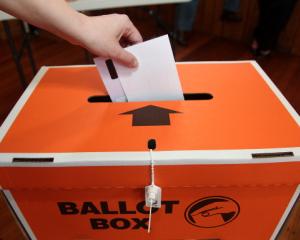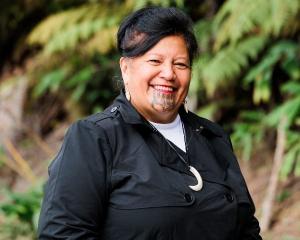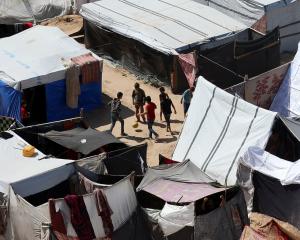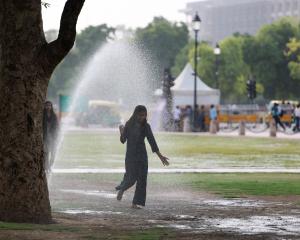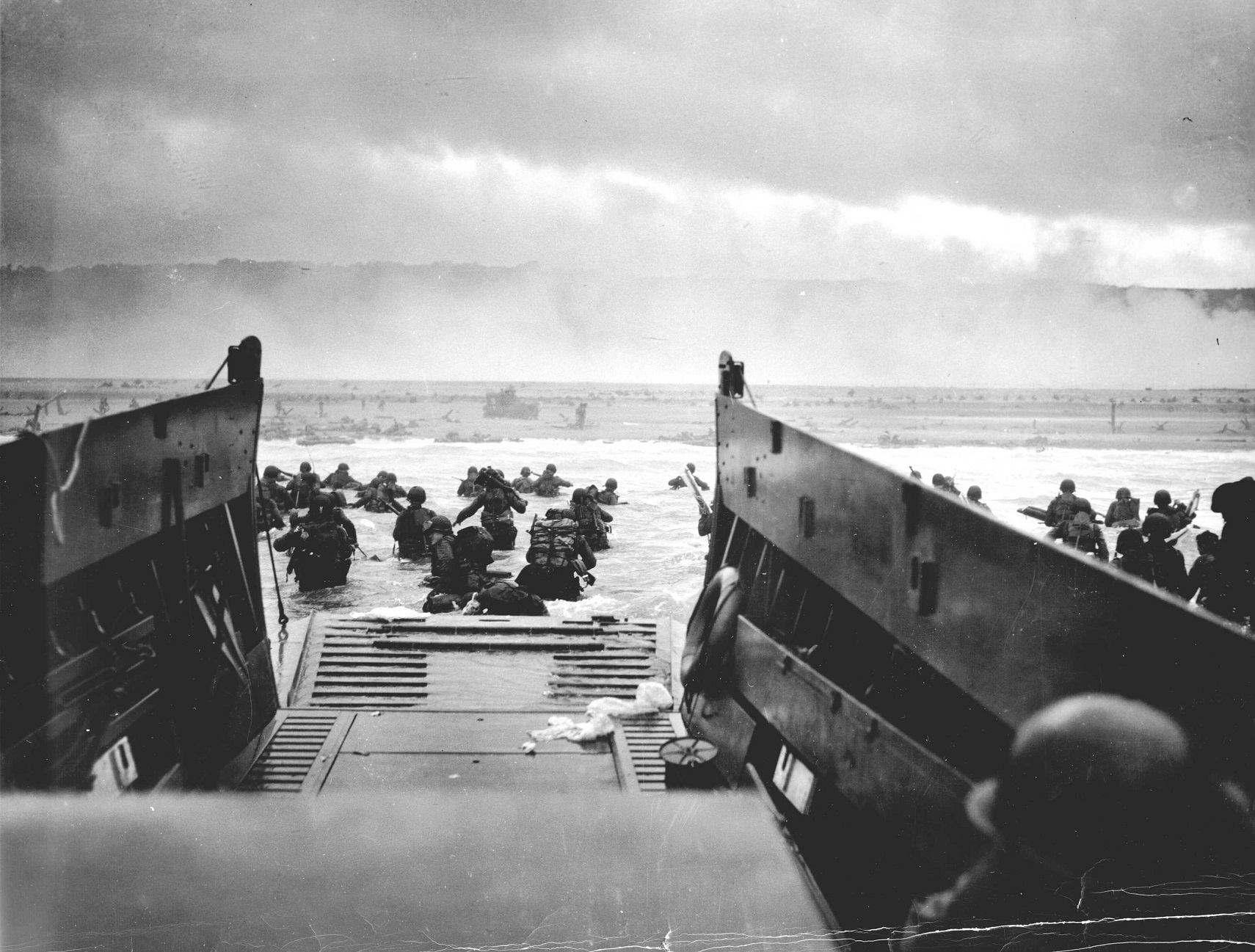
From 1939 to 1945 young people around the world — including 140,000 New Zealanders — were sent overseas to fight the Axis powers.
Towards the end of the war, my 18-year-old father exited United States infantry training with orders deploying him from his small-town American home to the South Pacific. He didn’t want to go but had no choice.
While on a troopship, the US dropped atomic weapons on Hiroshima and Nagasaki, killing hundreds of thousands of people, mostly civilians. This ended the war, sparing my father from combat.
He was lucky: His wartime service was a boat ride.
He subsequently joined the US Foreign Service for a decade, then moved back to the US and lived in a world that largely enjoyed peace until his death in 2020.
Why was there peace? One of the many theories is the "democratic peace theory", which states that established democracies (almost) never go to war with each other. US foreign policy attempted to expand democracy while fighting — correctly or not — the spread of communism. After the fall of the Soviet Union, my father watched countries calling themselves democracies expand to their highest levels.
But close to his death, he was worried. We in New Zealand have cause for worry as well.
Democracy as he had known it was suddenly in retreat. India, the world’s largest democracy, elected Narendra Modi as Prime Minister in 2014. Shortly after this, Modi cracked down on journalists and opposition parties, while instituting citizenship laws that excluded Muslims.
Once-democratic Turkey saw President Erdogan responding to a coup attempt in 2016 by taking over the courts and seizing opponents’ assets. In 2018, Benjamin Netanyahu’s Israel further reduced rights of its non-Jewish citizens and promoted extension of settlements in the West Bank.
Finally, Vladamir Putin halted Russia’s flirtation with democracy at the end of the 20th century and gradually stripped away its citizens’ political freedoms. Russia invaded Georgia and annexed Crimea in 2014, before its full-scale invasion of Ukraine in 2022.
Most troubling to my father was his own country. With the election of Trump, not only did America seem uninterested in championing democracy around the globe, but Trump actually courted autocrats like Putin, China’s President Xi and North Korea’s Kim Jong-un.
Trump fought and denigrated traditional democratic allies. He preyed on Americans’ fear while railing against non-whites and non-Christians with only a hint of plausible deniability. Trump praised physical attacks on reporters and continually tried to weaken the legitimacy of the press, countlessly calling any negative reporting about him "fake news".
My father didn’t live to see the January 6 attacks on the US Capitol Building designed to stop Joe Biden from claiming the presidency. He would have been horrified.
Yet enough Americans agreed with this perverse idea of "making America great again" to make Trump president and are attempting to do it again. The world found that even the United States — the world’s biggest propagator of democracy — was not immune from authoritarianism.
My father was thankful that Trump was old, believing that his followers supported him like Nazis supported Hitler.
One thing that is common in the countries that are drifting from democracy to autocracy is authoritarian populism. Authoritative populism differs from ordinary populism.
Standard populism attacks political elites, but authoritarian populism takes this a step further and also criticises the foundations of the democratic governments that give political elites their power. It also preys on its people’s fear of others: whether it is Putin’s protection of Russia from Ukraine’s "nazis", Modi stoking fears about Islam, Erdogan’s fearmongering about Kurds or Netanyahu’s warnings about Palestinians, there is always an enemy.
Of course, authoritarians say that only they can protect ordinary citizens from these threats. But somehow individual freedoms, institutions designed to rein in a leader’s power and the freedom of the press always seem to get in the way of this protection.
These are attacked and subjugated, allowing autocrats to entrench themselves in office by ultimately controlling the outcomes of elections.
And much like cockroaches, once autocrats are in your home they prove very difficult to get rid of.
Worldwide, autocratic countries are now becoming more repressive, while many other countries are becoming less democratic.
Why? One reason is that Russia, China and Iran bombard democracies with social media propaganda. In America, even politicians in the Republican Party happily parrot propaganda to their constituents. Social media was once thought to be a boon to democracy, but the same social media that promoted democracy during the Arab Spring now threatens to tear it apart.
Democratic countries have not figured out how to defend themselves from this and major elections — including those in the United States — lay in the crosshairs of these attacks.
The world can ill-afford the United States joining the autocrats.
What does this all mean? While it is true that liberal democracies rarely go to war with each other, they are certainly not immune to succumbing to the forces of autocracy.
If democracies backslide into autocracy or become unstable, the world becomes less stable. The risk of war increases. Not only do more people die directly in wars, but countries that are not directly involved also feel the pain.
Even if New Zealand avoided direct involvement in war, it would not be spared: prices for food and other essentials would likely skyrocket as world markets are extensively interconnected. Further inflation here would be devastating for many families.
The "greatest generation" from which my father came knew the horrors of war, but unfortunately too few from that generation remain to warn us. The warning signs are flashing red, but people living in democracies seem to be asleep to this threat.
Hopefully they wake up soon. Otherwise it is quite possible that this generation of 18-year-olds may soon be exiting military training with orders to fight on foreign soil.
- Jason Fought is working towards his master’s of international studies at the University of Otago.


